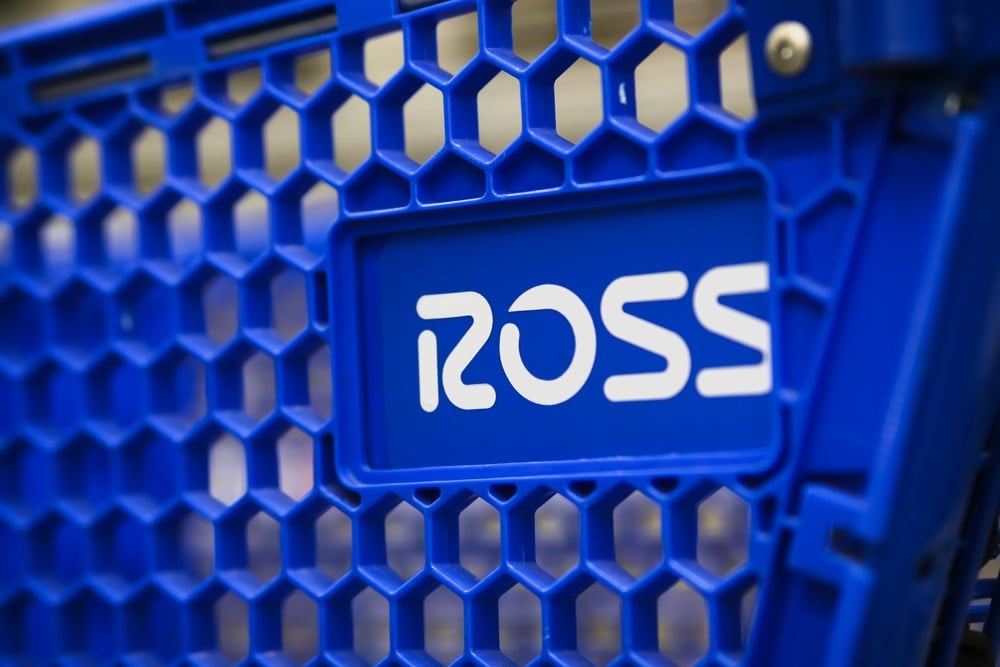
Rampant inflation levels have taken a big chunk away from hard-earned paychecks across the United States; now that the FED is acting to normalize these elevated levels, the fear pivots into other areas. Rising interest rates and a slowing economy have become the new concern affecting consumer trends.
A good gauge that investors can use to figure out where the consumer trends may be concentrating is earnings from the very companies that depend on these consumption cycles. Ross Stores (NASDAQ: ROST) shares are advancing by as much as 7% during the pre-market hours of Friday morning, perhaps sending a message.
After beating expectations across its press release, Ross is setting the stage for the industry's message. Despite some slowdowns in other apparel brands, Ross's business model seems to have some superiority, allowing for the flexibility these affected consumers need, and investors can take advantage of such trends today.
Relative Performance, Still Cheap
Despite Ross stock outperforming the broader S&P 500 index by as much as 25% over the past twelve months, the stock is still showing significant signs of undervaluation when compared to its industry peers.
As the stock price approaches a robust resistance level of roughly $120 a share, which has been heavily traded and rejected in the past, investors may be looking for all the reasons to justify a possible breakout past this level. These valuation spreads may help them realize where the upside potential is.
Regarding price-to-earnings ratios, Ross trades cheaper than its industry average of 37.0x. Names like TJX Companies (NYSE: TJX) and Burlington Stores (NYSE: BURL) sell for a 27.2x and 45.0x multiple, respectively. Ross becomes the cheaper alternative in large capitalization outlets. However, these ratios only value the past twelve months.
When investors want to gauge the next twelve months of earnings and where this stock is valued according to those, the forward P/E is the one metric that can get the job done. Similarly, Ross proves to be the undervalued name in the peer group.
A forward P/E of 20.6x will again put Ross at the bottom, relative to the industry's average of 23.1x. TJX and Burlington are also selling for a more expensive 22.2x and 22.1x, respectively, opening up a clear path for value investors to justify a potential purchase in Ross.
Analyst ratings may be understating just how much upside Ross Stores can have in the coming months, especially when markets begin to digest the second quarter 2023 earnings results announced recently, which are the prime catalyst pushing the stock higher on Friday.
A consensus upside of only 10.3% from today's prices may be a severe understatement, especially considering how cheap Ross is relative to its peers. However, fighting analyst targets may only prove futile if investors have a good enough reason to do so; here are some.
Quiet, Impressive Growth
During a time when consumers may have been tightening their budgets, ruling out some of the typical shopping activities to stretch each dollar, Ross still posted decent growth and other significant bullish trends in its financials.
Net sales rose by as much as 7.7% over the past twelve months to give a start to the report. This advance not only beat inflation rates in the United States but also analysts' expectations for revenue figures, adding some of the potential pressure for a price target increase.
On another note, a key driver of profitability and earnings also showcased the improving trends in underlying inventory levels and input costs in the business. Gross margins expanded from 25.8% in 2022 to today's 27.7%, significantly boosting Ross's upside potential regarding earnings per share jumps.
Speaking of earnings, net income advanced by an impressive 16.1% over the year while also boosting net margins to 9.0% from 8.4% a year prior. The real juice in the squeeze for investors comes from EPS, which jumped by an even larger 20% during the same period.
This more considerable jump on EPS is derived from management's decision to allocate up to $230 million toward common stock repurchases, retiring as many as 2.2 million shares and returning plenty of capital to shareholders. Moreover, this action may send another subtle message to shareholders and markets alike.
By repurchasing as many shares as they did, management sends the message that the stock is currently undervalued and that the future financials may reflect enough momentum to boost the valuation even higher. It all makes sense once investors read over the release and realize that guidance for the second half of 2023 is set to blow the stock up.
A total 20% advance from full-year 2022 EPS relative to the expected end to 2023 is another factor that analysts need to consider, perhaps the tipping point pushing the consensus targets higher to reflect the true potential in this winning name.




